-
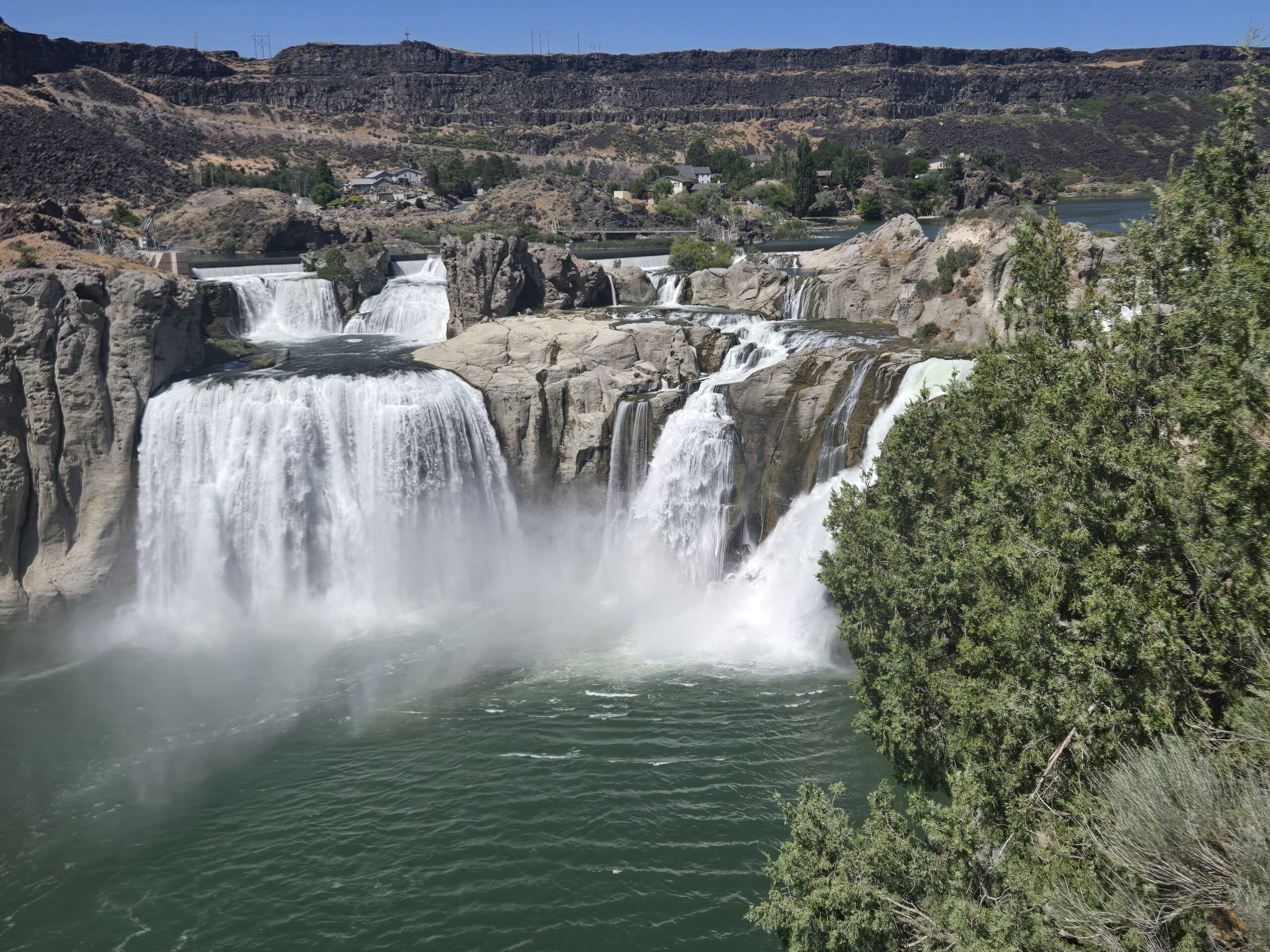
The AI Window is Now
I had about twelve hours to kill in Vancouver yesterday. I went to my favorite tea place there (Vancha), played some pinball, and then went to a movie for the first time in five years or so. I saw the new F1 movie. I didn’t know anything about F1, and I don’t want to give…
-

Gear Post 2025
Oops, I was so proud of getting last year’s post out early, and then this year’s is the latest yet. I got a lot of positive feedback on the photos last year and it was difficult for me to schedule a time to get the new ones taken this year. But… it’s here! If you’re…
-
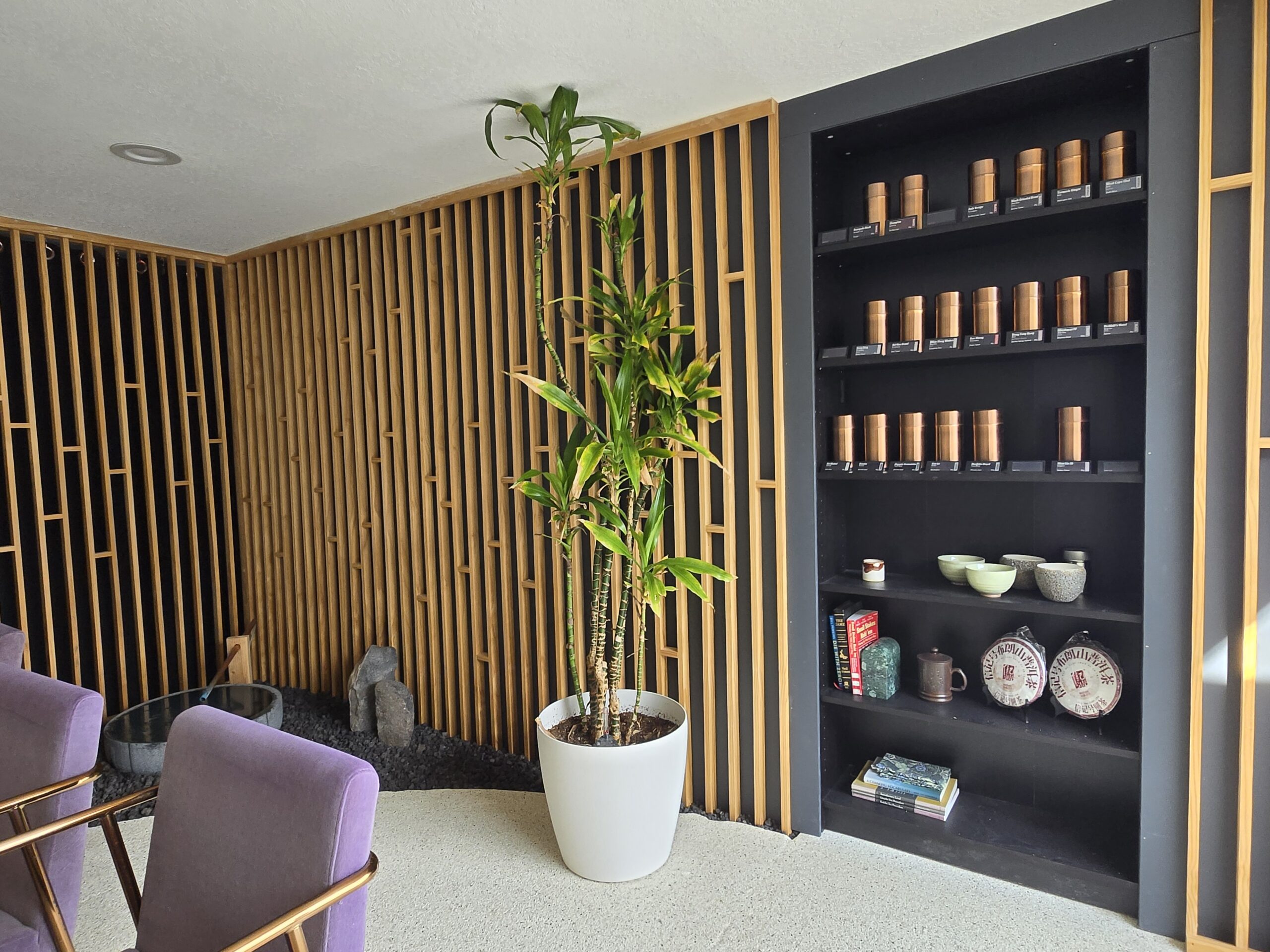
Building My E-Ink Tea Labeling System
My life sometimes seems to consist of long periods of intense effort to help me save seconds or minutes from my day. This latest project must be the most extreme example of that. I store my tea in identical metal tins. Years ago I went down a rabbit hole of designing custom labels for each…
-
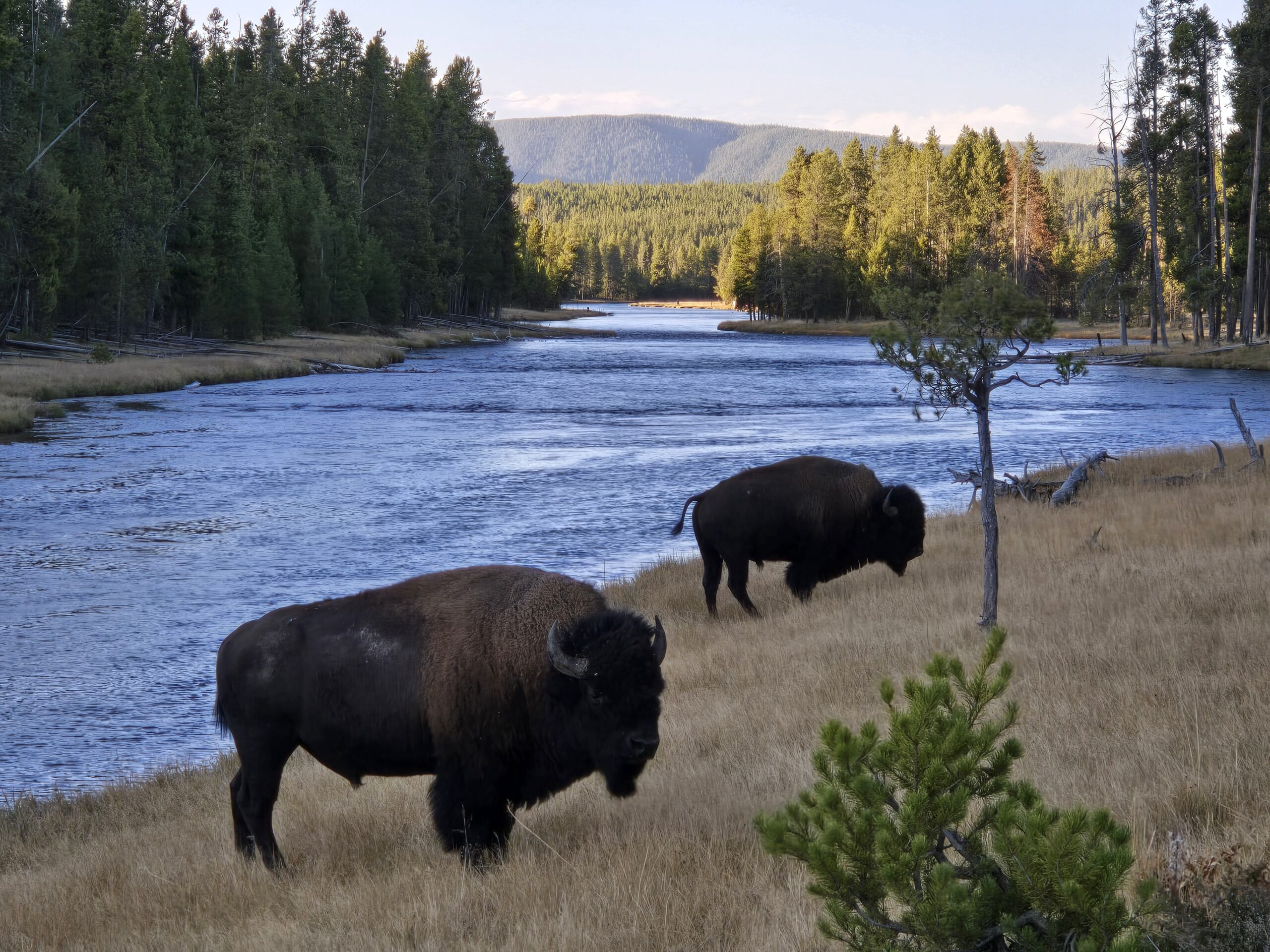
Doviđenja 2024
I think these yearly updates were a lot more interesting when I was younger and my life changed drastically year by year. Now it’s just a steady climb upwards, better every year but not all that different. As I read over last year’s post, I was most struck by how similar I felt one year…
-
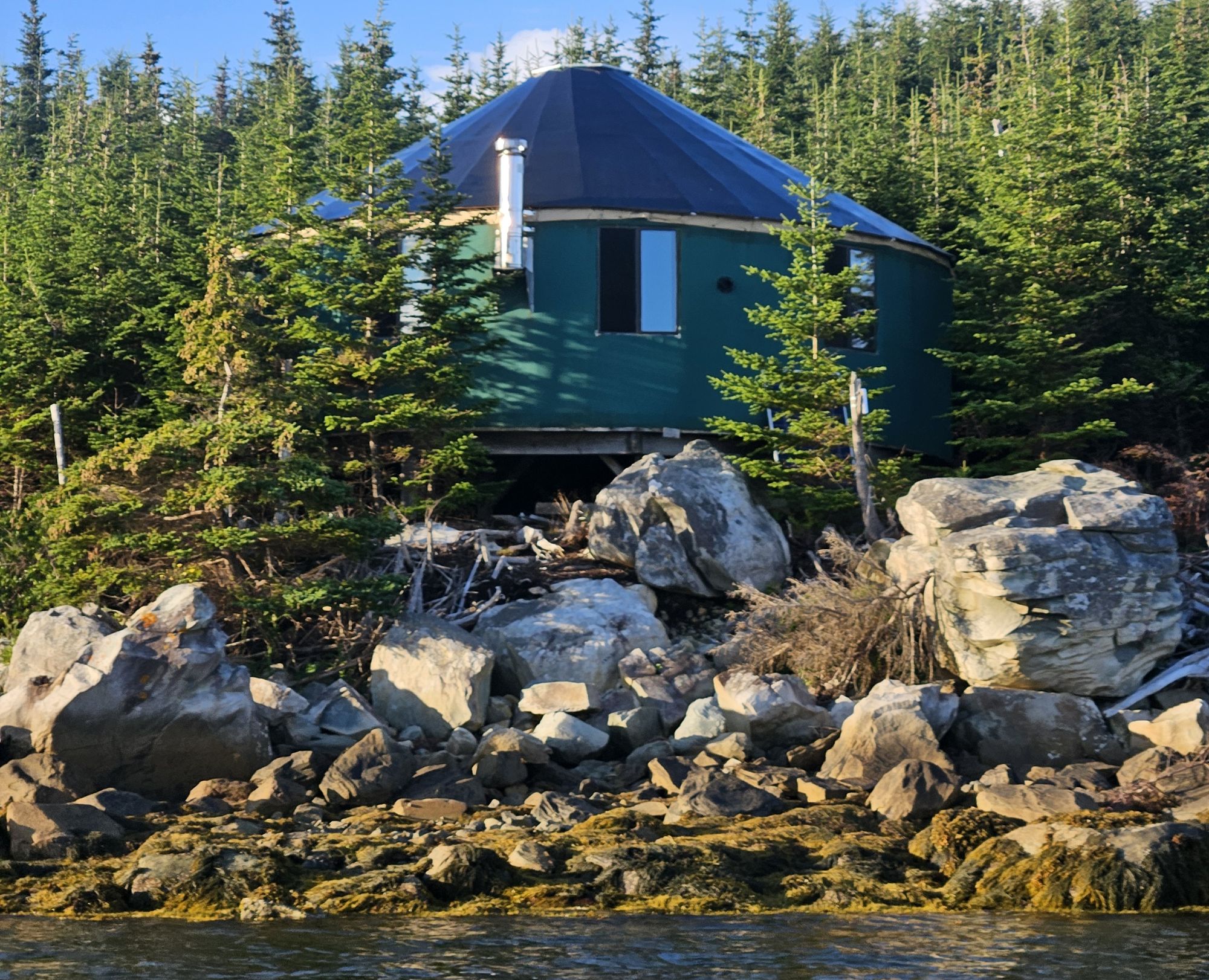
The Island Since Covid
As you may remember, eleven years ago a group of friends and I bought a five acre island near Halifax, Nova Scotia. We only visit it a few times per year, but those visits are the perfect counterbalance to spending too much time in front of the computer and away from nature. Progress at the…
-
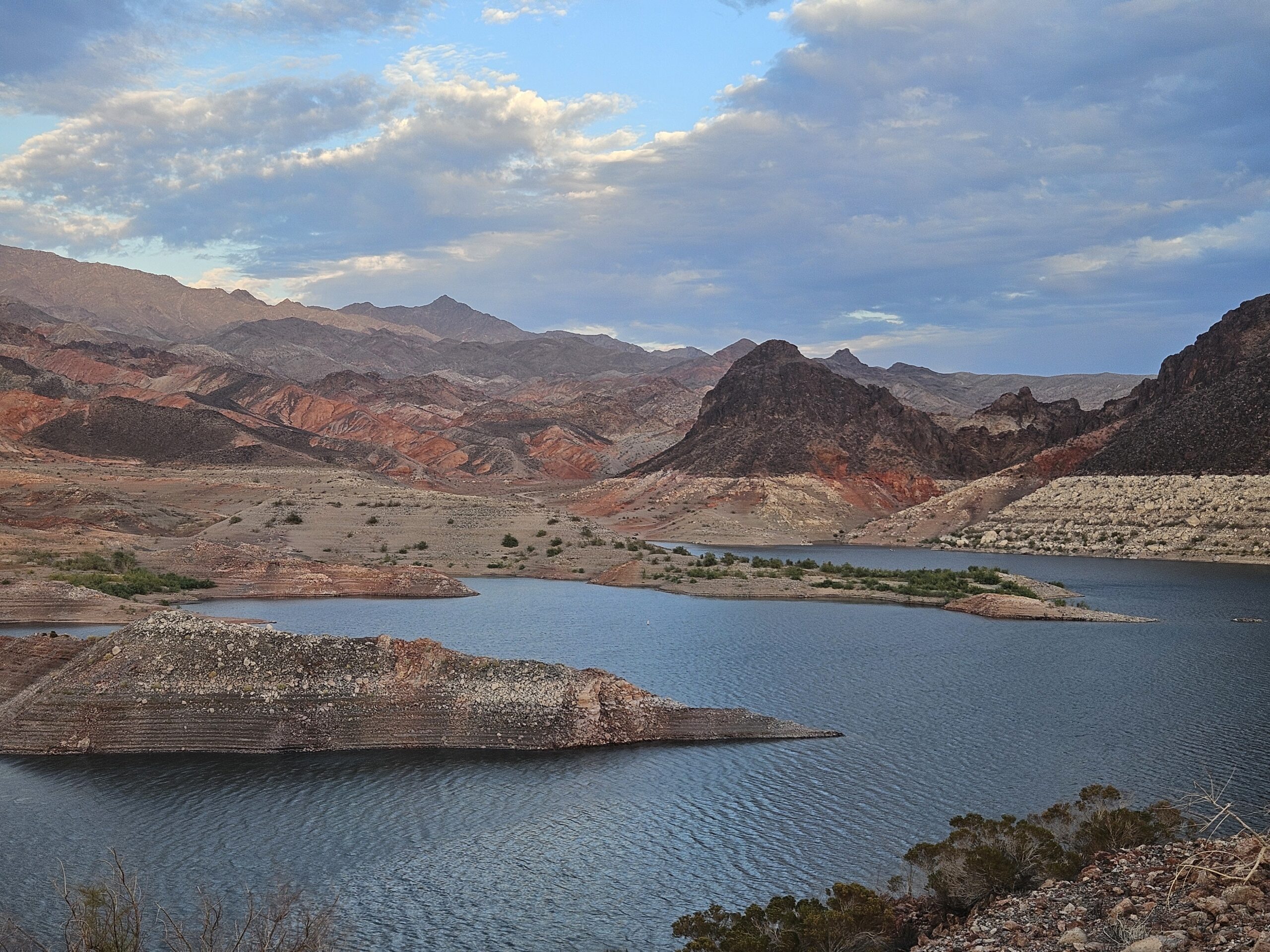
How I Changed My Mind and Ate Less
I’m sitting in a van in China, full of people who are speaking in Chinese, so I can’t really be part of the conversation. I speak just enough Chinese that if I strain with sufficient effort I can get the gist of the conversation, which is exhausting after a while. As I zone out and…
-

Having a Good Marriage
I’ve had a lot of thoughts on marriage for a long time, but have hesitated to write about it because I wanted to wait until I had more years under my belt. And while I know there’s still a lot for me to learn and experience, I think having a very stable and happy marriage…
-
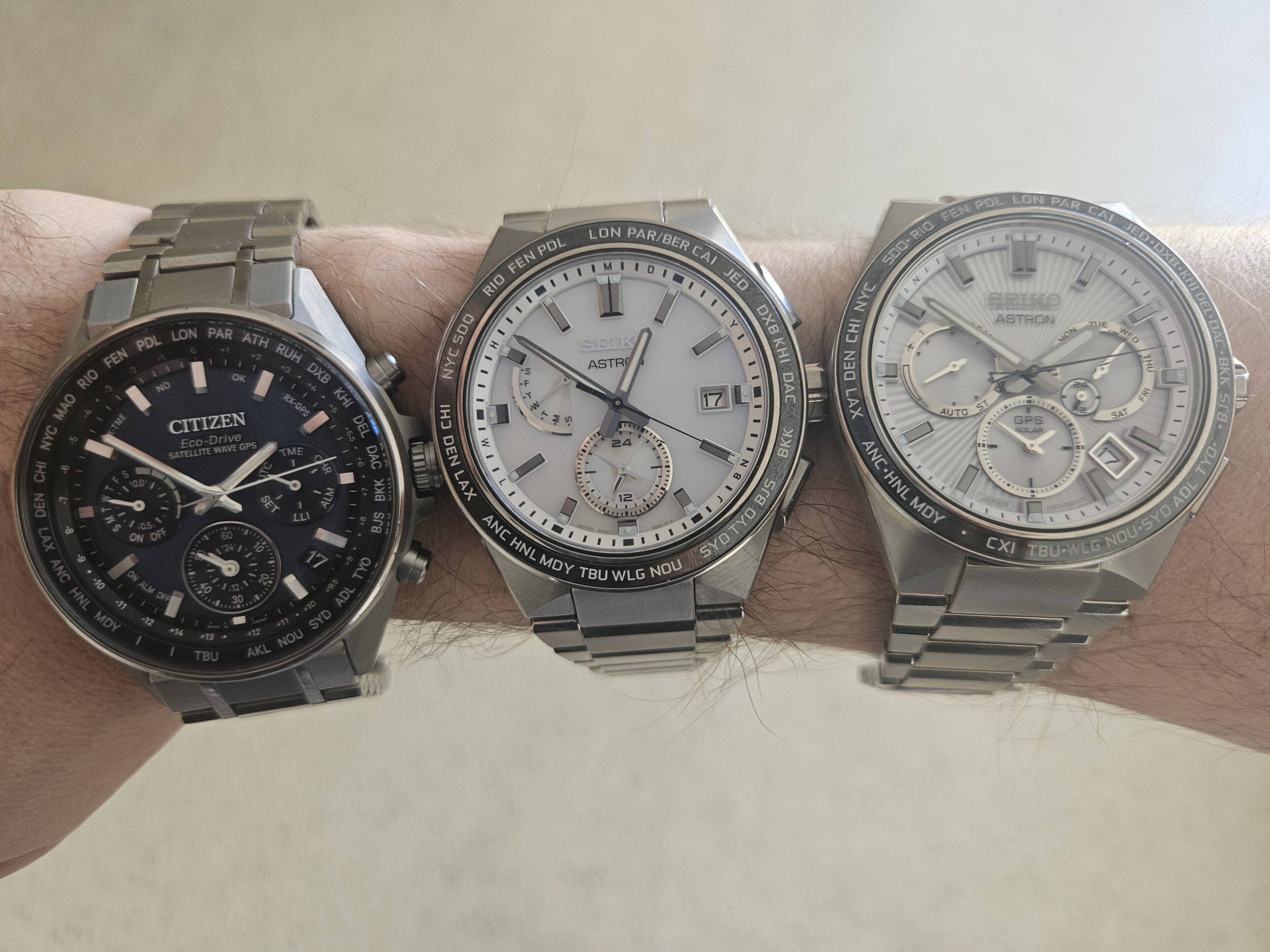
A Comprehensive Guide to Solar Analog Travel Watches
Last year I went on a lot of cruises which took me to remote places. As I always do when I travel, I wore my trusty Breitling Transocean Unitime. I bought the watch eight years ago because, at the time, it was the only mechanical watch that I could find that had all of the…
-

Why I Quit Chipotle and What I Eat Instead
I’ve been eating Chipotle most days that I am home for over 10 years. I travel about 30-50% of the year, but during covid I ordered it so much that Chipotle sent me an email to tell me I was in the top 1% of all Chipotle orderers. Even last year, when I traveled a…
-
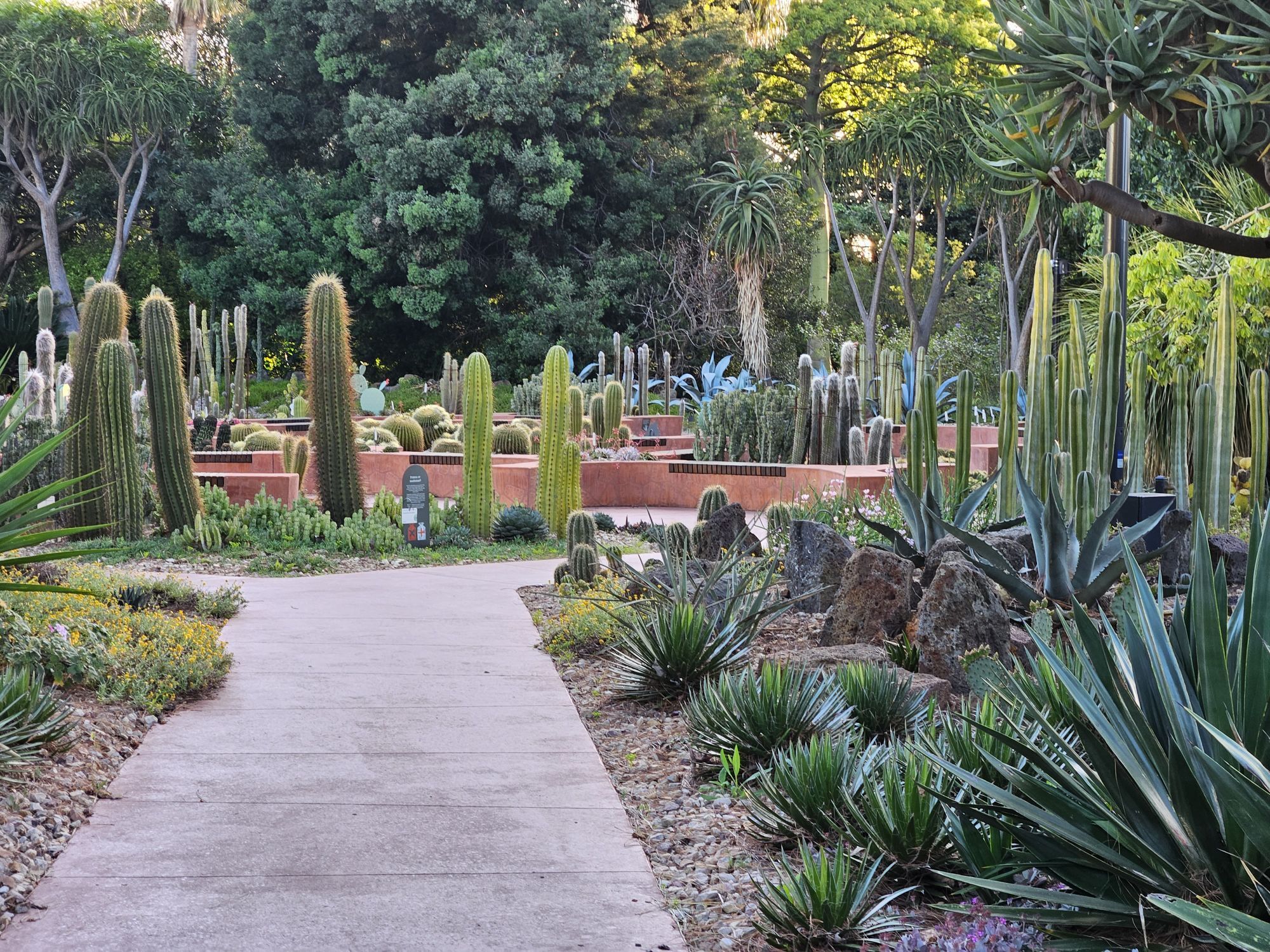
Ten Year Predictions Checked and Made
Ten years ago I wrote a blog post about where I thought I’d be in 2024. We’re finally here! Looking back at the blog post now I can remember exactly what my life was like back then, and I can imagine what I would think of my life now. I’m going to address my predictions…
